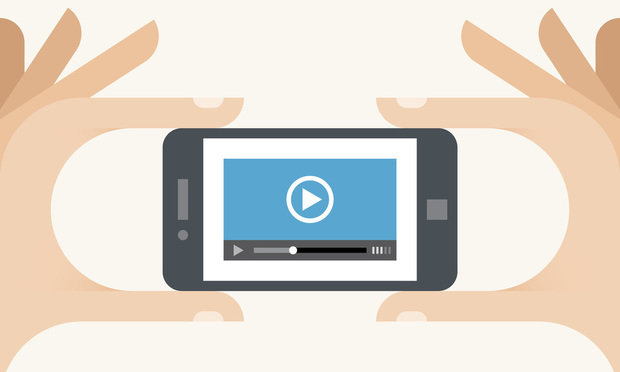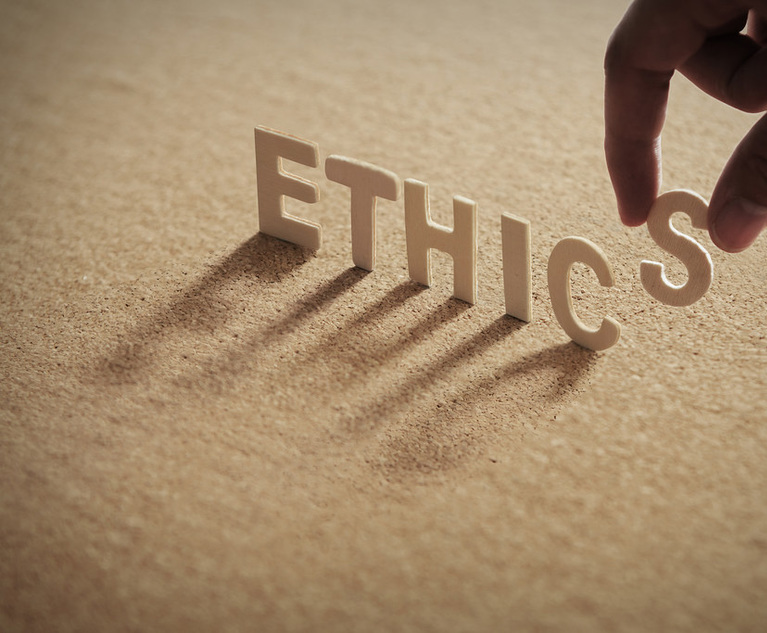 All trial lawyers and judges—civil and criminal—are familiar with the (dreaded?) readback requests of the jury during deliberations. As with many aspects of the trial, the court has considerable discretion in responding to such requests. The vast majority of case law on the subject stems from criminal cases (CPL 310.30), essentially holding that the court, in responding to a request from the jurors for testimony to be read to them, may give such information as the court deems proper. Case law, again the vast majority from the criminal side, also gives the court fairly wide berth in managing the process. The language in U.S. v. Damsky, 740 F.2d 134 (2d Cir.) is representative: “… in making the determination, the trial court, in its discretion, may take into account factors such as whether reading certain testimony back will unduly call attention to it; whether giving the readback will unduly delay the proceeding, and the difficulty in giving a readback.” Id. at 138.
All trial lawyers and judges—civil and criminal—are familiar with the (dreaded?) readback requests of the jury during deliberations. As with many aspects of the trial, the court has considerable discretion in responding to such requests. The vast majority of case law on the subject stems from criminal cases (CPL 310.30), essentially holding that the court, in responding to a request from the jurors for testimony to be read to them, may give such information as the court deems proper. Case law, again the vast majority from the criminal side, also gives the court fairly wide berth in managing the process. The language in U.S. v. Damsky, 740 F.2d 134 (2d Cir.) is representative: “… in making the determination, the trial court, in its discretion, may take into account factors such as whether reading certain testimony back will unduly call attention to it; whether giving the readback will unduly delay the proceeding, and the difficulty in giving a readback.” Id. at 138.
Blow ups of photographs, pages of medical records, anatomical drawings and the like are regularly put into evidence in our trials. But as a judge who presides over a fair amount of medical malpractice cases, it has become apparent to me that as the quality and quantity of demonstrative evidence has increased greatly over the last decade or so, there are serious questions that the trial bench and bar should be considering over how to best handle these items when they are the subject of a jury readback request. A recent trial that I presided over highlights a particular potential issue of concern to me—how to handle the readback request of expert(s) who have each spent 20 minutes at a video screen explaining their interpretation of an MRI at issue in the case.
This content has been archived. It is available through our partners, LexisNexis® and Bloomberg Law.
To view this content, please continue to their sites.
Not a Lexis Subscriber?
Subscribe Now
Not a Bloomberg Law Subscriber?
Subscribe Now
LexisNexis® and Bloomberg Law are third party online distributors of the broad collection of current and archived versions of ALM's legal news publications. LexisNexis® and Bloomberg Law customers are able to access and use ALM's content, including content from the National Law Journal, The American Lawyer, Legaltech News, The New York Law Journal, and Corporate Counsel, as well as other sources of legal information.
For questions call 1-877-256-2472 or contact us at [email protected]






